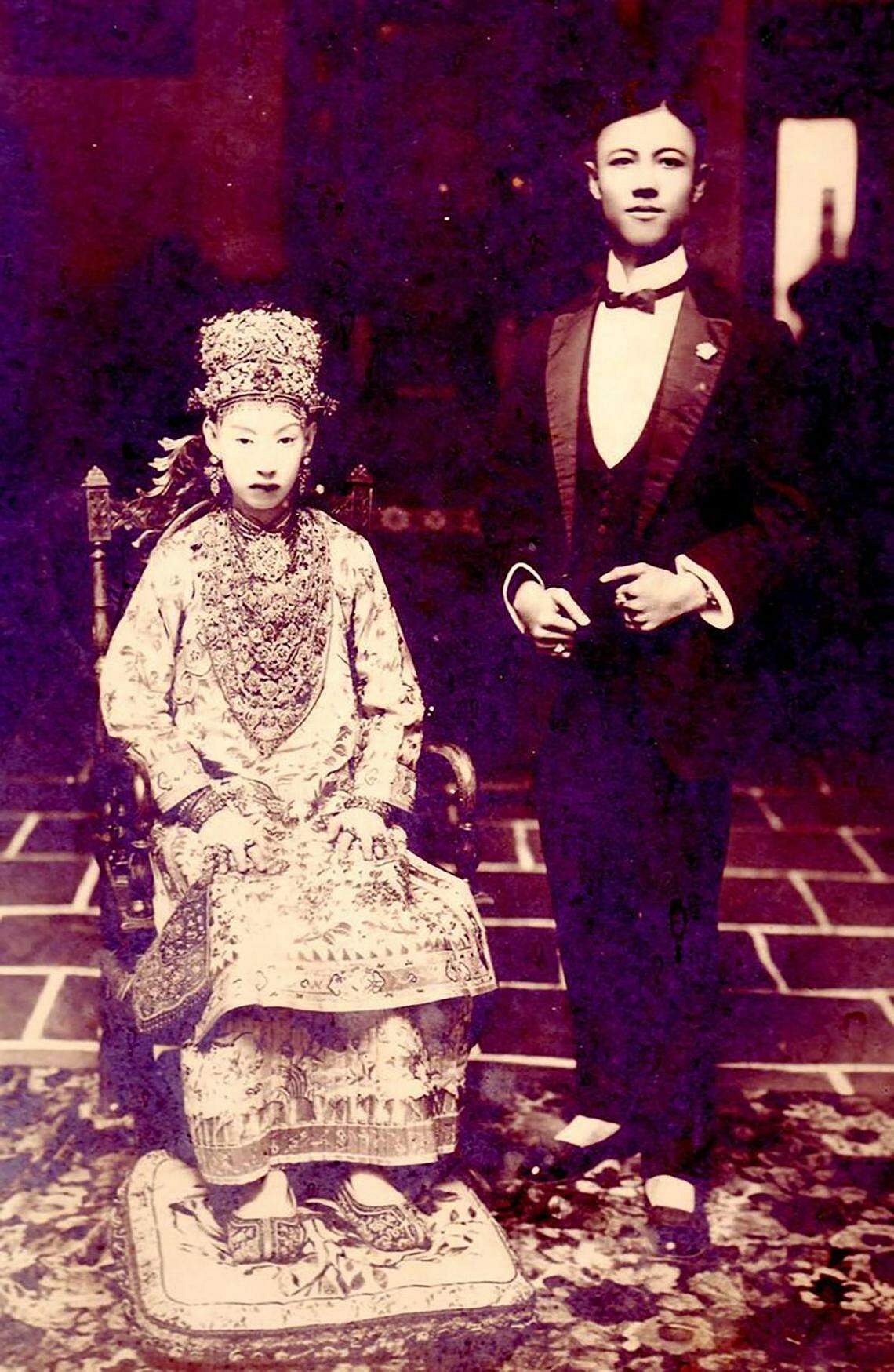SINGAPORE – The fact that she shared a name with an MRT station and some places in Singapore piqued Ms Zahra Aljunied’s interest in tracing her roots.
It helped that her ancestors were genealogists for Arab families here in the late 18th and early 19th centuries, and they left behind a handwritten family tree and other records of their family history.
But many of the resources were in Arabic, a language Ms Zahra was not too familiar with. The passing of older relatives also meant that some past photographs remained untold stories.
Ms Zahra’s research has led her to give public talks about her heritage and co-edit a book, A Reverent Journey: Masjid Omar Kampong Melaka, which won the Best Custom Publishing Title at the Singapore Book Awards 2023.
The 67-year-old retired senior librarian is also one of 12 authors of a new book, 12 Family Histories – A Tapestry Of Singapore’s Multicultural Legacy, which brings to life the stories of 12 migrant families of Arab, Bugis, Chinese, Eurasian, Indian and Peranakan descent who have called Singapore home.
The 284-page book is published by the Genealogy Society Singapore (GSS), which initiated the project and sourced contributors, and the Goh Loo Club, with the support of the National Heritage Board.
A common theme runs through the book’s diverse tales: the shared values of hard work, perseverance and mutual respect that have been the foundation of Singapore’s success.
Ms Zahra said working on the book with other like-minded Singaporeans of different races helped her learn about the many similarities and differences of various races here.
“I see it as what my ancestor Syed Omar Aljunied, who came to Singapore in 1819, would have wished to accomplish as he worked together with other early pioneers of Singapore like Tan Tock Seng and Tan Kim Seng, to contribute significantly to Singapore’s development,” she said.

Ms Vivienne Wang, whose late husband, Mr Danny Tan Koon Poh, was the grandson of the late businessman and philanthropist Tan Kah Kee, wrote her story in memory of her husband and her late father-in-law, Mr Tan Guan Chay.
She wanted to share their illustrious family history, focusing on their tradition of thrift and philanthropy.
The 39-year-old, who is a committee member of the Tan Kah Kee Foundation, said her husband’s death from a heart attack in 2018 came as a huge blow to her.
“I once fell into deep self-blame and depression. It was Tan Kah Kee’s motto – persistence and perseverance – that got me through the darkest period in my life.”

For 69-year-old retired auditor Ronney Tan, tracing his Peranakan Chinese roots for the book was relatively easy.
The president of Keng Teck Whay – a mutual aid association founded in 1831 – said his grandfather had compiled a complete record of the family genealogy, starting from their ancestor who left China around 1776 to seek a better life in South-east Asia.
“With all the information, it took (me) only a week to write a brief family story,” he said. “I intend to do an e-book which has less space constraint and can be updated as more information is uncovered.”

Even ordinary Singaporeans should document their family histories, said retired teacher Soundara Pandian, one of the book’s authors, who hopes his story is of some value to Singapore’s social history.
The 76-year-old said: “The greatest gain I had was the knowledge and realisation of what an extended family I had while searching for my roots, and the satisfaction of leaving a record of my family history to my great-grandchildren and their peers when I am no longer around.”
Another of the authors, Mr Subbiah Lakshmanan, died in February while writing his family story.
He was a fourth-generation Chettiar whose great-grandfather started a financing business in 1892 in Market Street. His unfinished draft was included in the book with the last section untouched, in the hope that his future generations will continue the story.
GSS president Ng Yew Kang said the book’s multiracial approach is in line with the society’s objective of promoting genealogy among all Singaporeans.
“GSS will continue to encourage Singaporeans to write and publish their family histories,” said the 83-year-old. “We look forward to working jointly with social, cultural, community and clan associations to reach out to more Singaporeans, and to co-publish their family history with us.”

- 12 Family Histories – A Tapestry Of Singapore’s Multicultural Legacy costs $30 for a soft-cover edition and $100 in hardcover. It can be purchased from the Janus Education Estore at str.sg/iqYj


